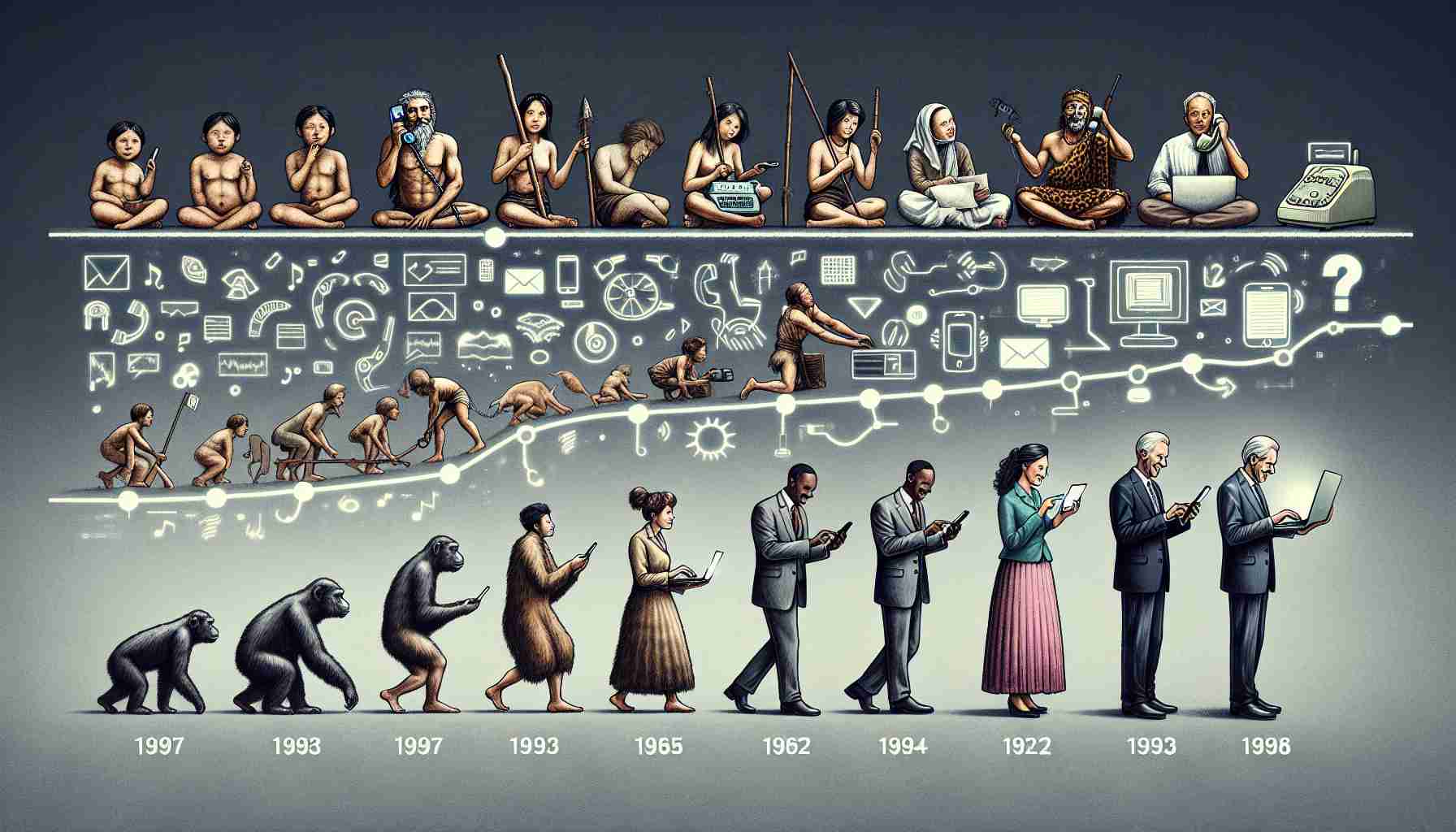SpaceX’s Starship is not just another spacecraft; it represents a groundbreaking leap in space exploration technologies. With recent advancements, this colossal launch vehicle is poised to redefine how humans interact with outer space.
Reusable Innovation: One of the most exciting aspects of Starship is its emphasis on reusability. Unlike traditional rockets, which are often discarded after a single use, Starship is designed for rapid turnaround, making space travel more akin to air travel. This shift could dramatically reduce the cost of accessing space, not just for research but potentially for commercial tourism.
Humanity’s Martian Dreams: Elon Musk, the visionary behind SpaceX, has repeatedly stated his ambition for Mars colonization. Starship is the linchpin of this vision, with its capacity to carry large numbers of passengers and cargo across vast interplanetary distances. The recent successful tests have fueled optimism that a permanent human presence on Mars isn’t a distant dream, but a foreseeable reality.
Environmental Considerations: Space travel does leave a carbon footprint, but Starship’s development is also eyeing sustainability. By focusing on methane-powered Raptor engines, SpaceX aims to leverage resources on Mars itself, creating a closed-loop system of fuel production that could mitigate some of the environmental impacts.
As SpaceX continues to push the envelope, the Starship project signals a future where space travel is accessible and sustainable, potentially transforming not just how we explore the cosmos, but how we understand our place within it.
Unveiling the New Frontier: How Starship Could Revolutionize Human Life On and Off Earth
As SpaceX’s Starship rockets toward its ambitious goals, it not only promises groundbreaking advances in space exploration but also ignites significant discussions about humanity’s future.
Technological Ripple Effect: The innovations embedded in Starship could inspire technological progress across various industries. Could the rapid reuse of massive structures lead to breakthroughs in construction technologies on Earth? As the concept of rapid, efficient, and cost-effective launch becomes a reality, it poses potential benefits for sectors ranging from logistics to manufacturing.
Space Tourism: A Controversial Dream? While space tourism represents an exhilarating concept, it also draws criticism. The socio-economic gap might widen as only the wealthy can initially afford such luxury. However, much like the aviation industry evolved, there’s potential for democratization down the line. Critics and supporters alike question if this will lead to prioritizing luxury over essential scientific and exploratory missions.
Mars Colonization: Are We Ready? Carrying humanity to Mars presents moral, ethical, and practical challenges. Terraforming a new world comes with unknown environmental impacts and questions of extraterrestrial rights. As we inch toward this reality, it’s crucial to address potential planetary protection policies. Can current legal frameworks support such unprecedented steps in space law?
Advantages and Disadvantages: Starship’s reusability offers economic and environmental advantages, yet its success hinges on solving considerable technical and ethical issues before reaching its full potential.
For more on Elon Musk’s Mars aspirations, visit SpaceX. For discussions on space law challenges, explore UNOOSA.












